ii SIPP
Can I transfer an ISA to a SIPP?

Investing in SIPPs and ISAs is a great way to maximise your tax-efficient savings and build flexibility around your future income. But, as financial objectives change, you might want to shift some of your ISA savings into your SIPP.
There are plenty of reasons why you might want to move some of your ISA savings. You may want to top up the amount you pay into your SIPP to take advantage of the tax relief on contributions or simply ringfence more of your money for retirement.
It might even be a matter of convenience. A review of your finances may find you have some stray ISAs that would be easier to manage in your SIPP.
Currently pensions can be passed on to beneficiaries free of inheritance tax when you die. However, from April 2027 pensions will be considered as part of your estate for IHT purposes.
How do I transfer an ISA to a SIPP?
Whatever the reason you want to transfer an ISA to a SIPP, you need to be aware of the rules before you start moving any money.
Technically, you cannot directly transfer an ISA to a SIPP but it is still possible to move your money. Whether you wish to move a cash ISA or a stocks and shares ISA, all you need to do is cash it in by selling your holdings and transfer the money into your SIPP as a pension contribution.
Providing you have spare annual allowance, the money that goes into your SIPP will benefit from tax relief at 20%. If you are a higher or additional rate taxpayer, you can claim a further 20% or 25% tax relief through your self-assessment tax return.
Should I transfer my ISA into a SIPP?
Before you decide to transfer an ISA into your SIPP, it is important to understand the implications as you will not be able to reverse the transfer if you do change your mind.
- Advantages of transferring an ISA to a SIPP
The positives of transferring your ISA into your SIPP include the 20% tax relief you will automatically receive, with further tax relief available if you are a higher or additional taxpayer.
Additionally, if you have a larger SIPP fund, you may be able to reduce the running costs if you pay fixed charges and fees.
Please note: from 6 April 2027, pensions and death benefits will become subject to inheritance tax. Find out more here.
- Disadvantages of transferring an ISA to a SIPP
The potential disadvantages mainly relate to accessing your money. You need to wait until age 55 (57 from 2028) to be able to take any money from your SIPP but you can do this whenever you like with an ISA.
You also need to be aware of the different tax treatments when you take money. Up to 25% of your SIPP fund can be taken tax-free (subject to a maximum of £268,275), with the remainder taxed as income. All of the money you take from an ISA is tax-free.
- Other considerations before a transfer
You should also consider your allowances before you make a decision, especially on your SIPP.
An annual allowance comes into play with a SIPP. This sets the amount that can be paid into your pensions each year for tax relief and is the lower of £60,000 or 100% of your annual earnings.
Your ISA allowance will be affected if you transfer money out of it into a SIPP. By doing this, you lose that slice of your ISA allowance and will not be able to top it up again if you change your mind
There are also advantages to keeping your investments spread across both ISAs and SIPPs. By having these different income sources, you can potentially reduce your tax bill in retirement, using tax-free income from your ISA instead of taking taxable income from your SIPP.
How can Pension Wise help?
If you have a defined contribution pension scheme and are 50 or over, then you can access free, impartial guidance on your pension options by booking a face to face or telephone appointment with Pension Wise, a service from MoneyHelper.
If you are under 50, you can still access free, impartial help and information about your pensions from MoneyHelper.

Learn more about our SIPP
Learn how to make the most out of your SIPP with our useful guides.
Important information: The ii SIPP is for people who want to make their own decisions when investing for retirement. As investment values can go down as well as up, you may end up with a retirement fund that’s worth less than what you invested. Usually, you won’t be able to withdraw your money until age 55 (57 from 2028). Before transferring your pension, check if you’ll be charged any exit fees and make sure you don't lose any valuable benefits such as guaranteed annuity rates, lower protected pension age or matching employer contributions. If you’re unsure about opening a SIPP or transferring your pension(s), please speak to an authorised financial adviser.